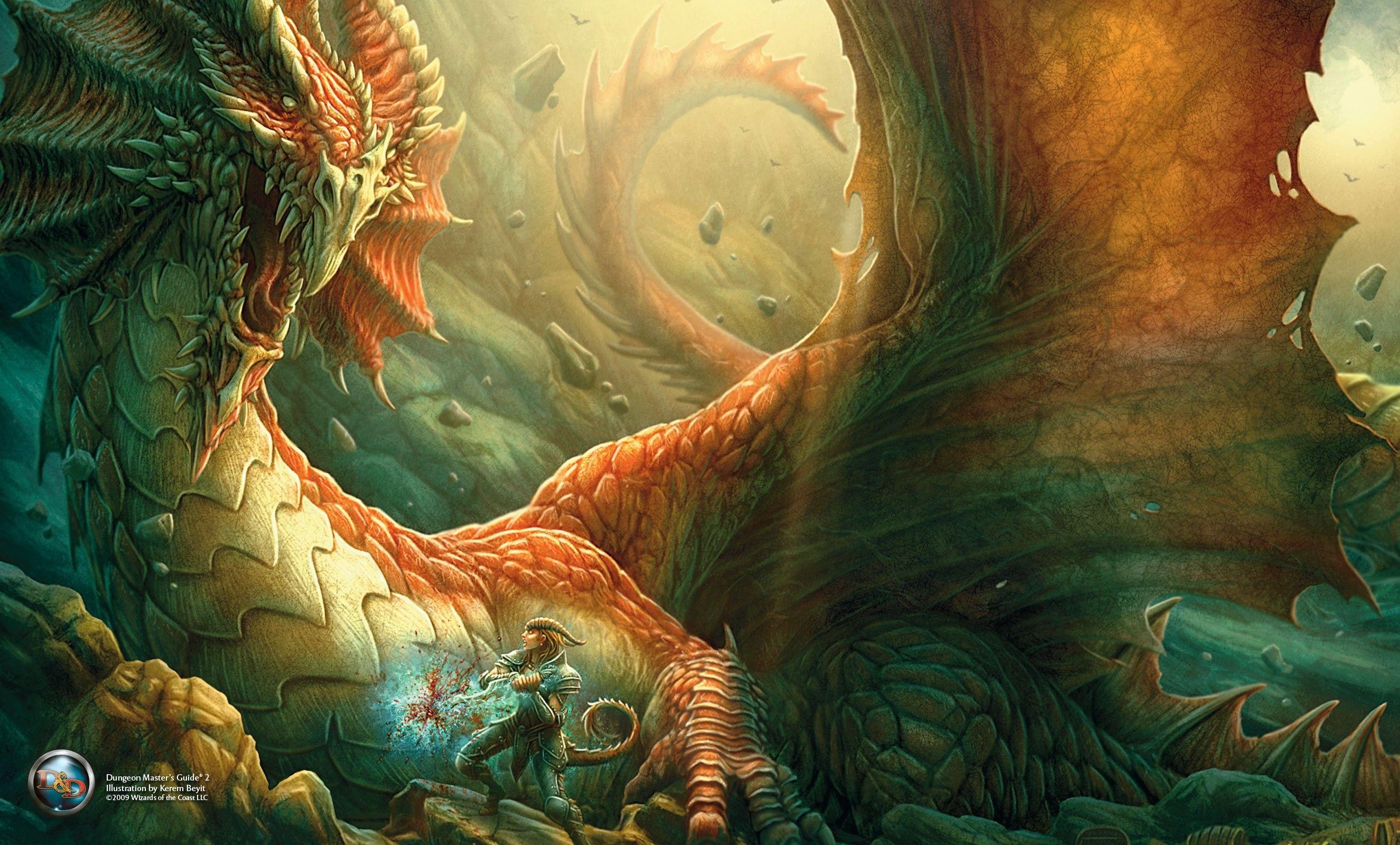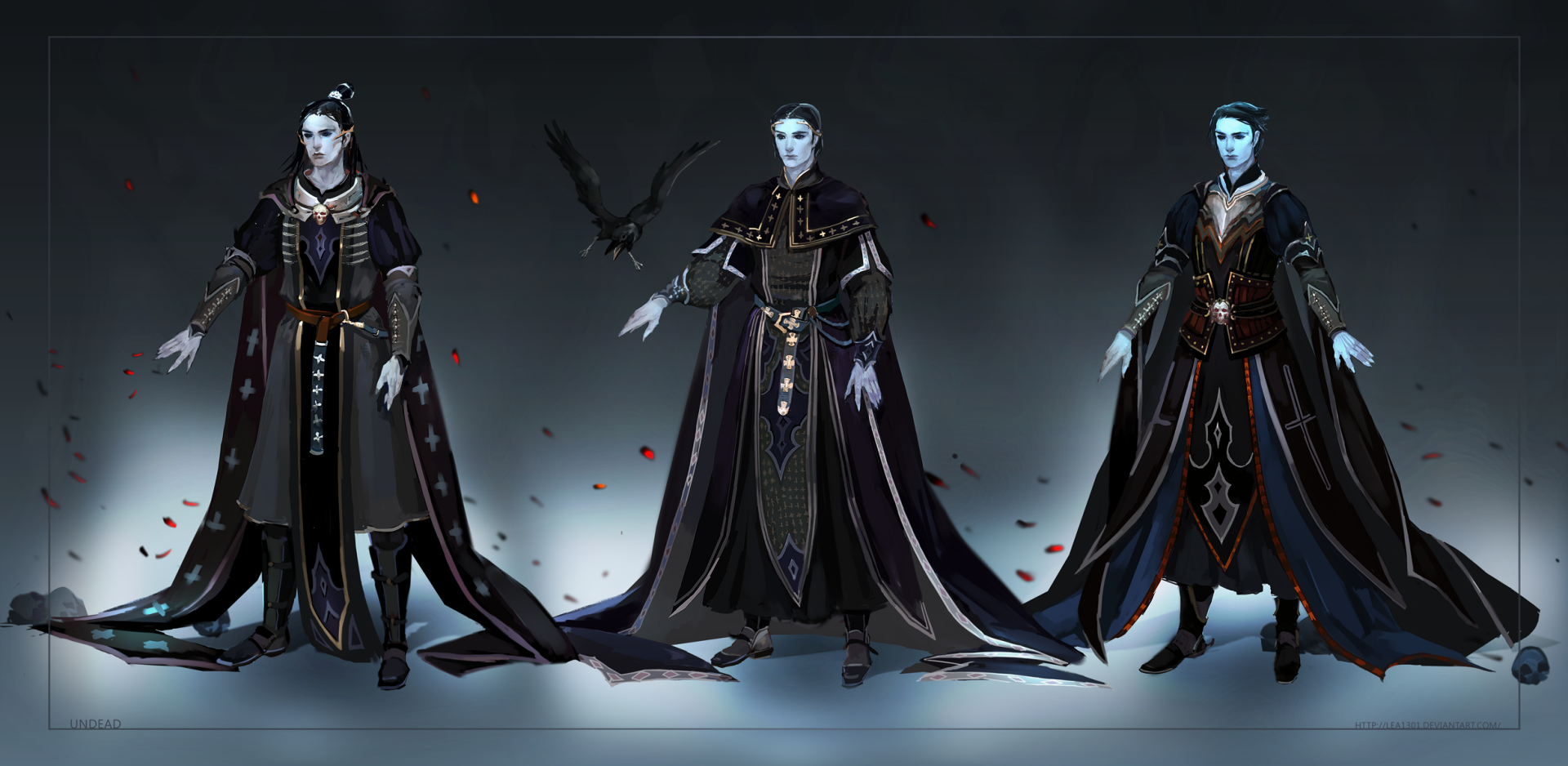

For one, it included language that would have given Wizards a license to use any third-party D&D content for any purpose without paying the creator. Though only a few companies make enough off D&D content to qualify for the royalty payments, the proposed OGL introduced many other negative provisions that would turn off even the most humble hobbyist. The open letter described Wizard's behavior as "anti-competitive" and "monopolistic." It also said that the draft OGL was designed to "crush small businesses" that are a fraction of a fraction the size of Wizards of the Coast, which made more than a billion dollars in revenue in 2021. A faction of third-party publishers put together the #OpenDND campaign, which called Wizard's draft an attempted "dismantling" of the tabletop industry.

It didn't take long for the tabletop community to respond to Wizards of the Coast's surprising intentions. The draft immediately garnered a universally negative reaction from players and third-party companies, who denounced it as a power grab from the biggest player in the space.

Termed "OGL 1.1," the agreement would have "de-authorized" the original OGL, placed many new restrictions on new third-party content, and required companies to pay Wizards of the Coast 25% royalties on all revenue past the $750,000-per-year mark.

The controversy really kicked off when io9 reported on a leaked draft of a new OGL. This limited-edition dice set marked an important anniversary for D&D. However, when outlets like ComicBook reached out to Wizards of the Coast in response to these rumors, Wizards said that the OGL "would continue to evolve" along with One D&D's rules, which only stoked the flames of conflict. For most of D&D's history, third-party companies have been allowed to create modules, monsters, and other unofficial content for the current D&D ruleset without paying Wizards a licensing fee or any other compensation. The key agreement that defines the relationship between Wizards of the Coast and third-party content creators is called the Open Game License (OGL), and it's at the center of this controversy. Late last year, when Wizards of the Coast announced the follow-up to 5e, titled "One D&D," some fans worried that Wizards would take a more proprietary approach to licensing third-party D&D content in order to drive more revenue to parent company Hasbro. While some things have changed over the years, D&D has always enjoyed a massive slice of the market, and its 5th edition (now almost a decade old) has seen the largest boom of popularity in the hobby's venerable history. When Dungeons & Dragons was introduced in 1974, it was the world's first commercially available tabletop role-playing game, and it made the most of that head start. So, what was the source of the conflict, and why were so many loyal D&D fans ready to jump ship to lesser-known competitors like Pathfinder and 13th Age? As usual, it has to do with money and market dynamics, and for a lot of D&D players, it might be a case of too little, too late. However, in recent weeks, D&D brand owner Wizards of the Coast has done nearly all it can to incense and repulse the players and partners that support it-and according to one report, it apparently took a wave of canceled subscriptions to finally convince the company to reverse course. Indeed, Dungeons & Dragons' dominance of the market is so complete that you could argue that most D&D players don't even realize that there is an alternative-similar to Pokemon and its imitators. When it comes to the world of tabletop RPGs, there's Dungeons & Dragons, and then there's everything else.


 0 kommentar(er)
0 kommentar(er)
